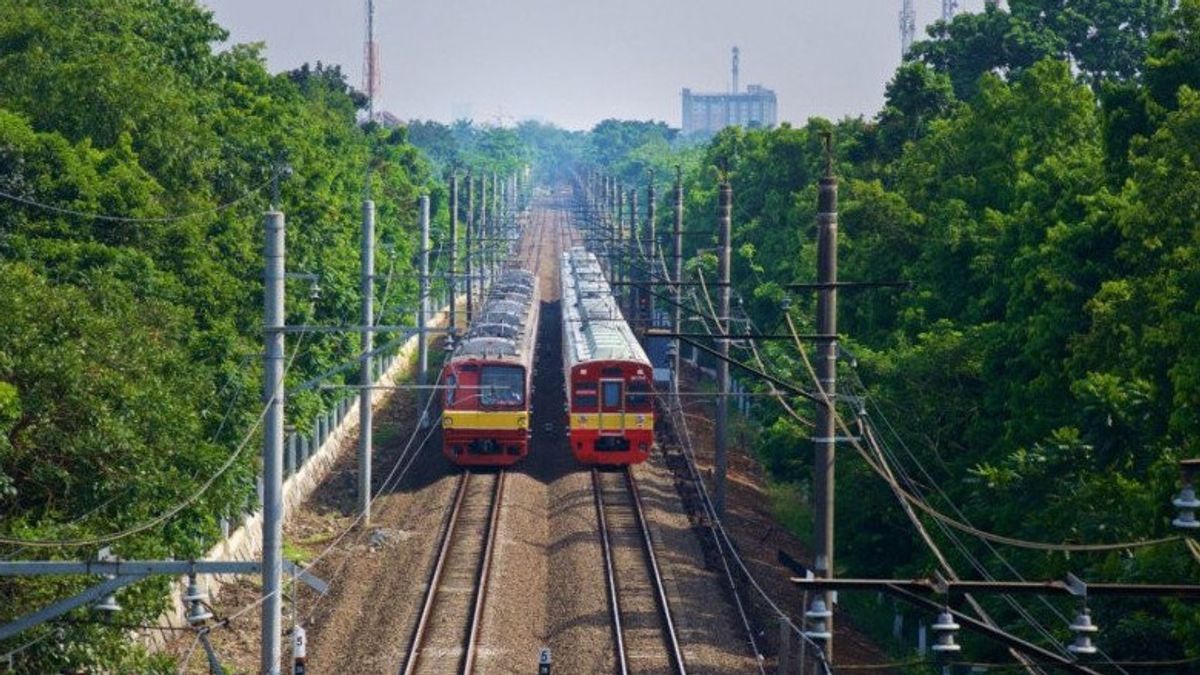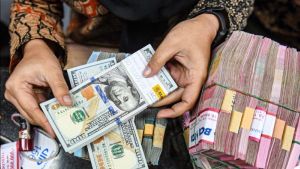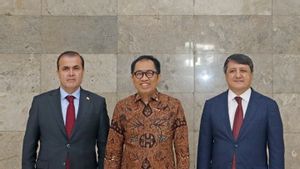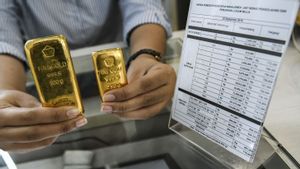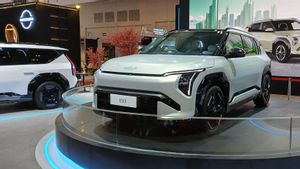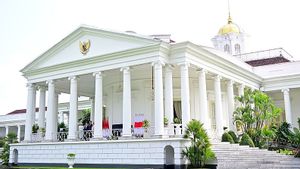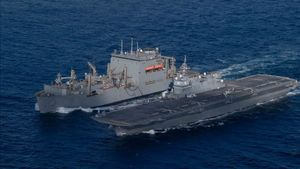JAKARTA - PT KAI (Persero) admits that the cost of procuring trains made by PT INKA (Persero) is more expensive. This is because the trains are new trains, while the trains that have been used so far are imported used trains.
As is known, KAI and PT INKA (Persero) have just entered into a collaboration to procure 16 units of the Electric Rail Train (KRL) trainset.
Unfortunately, KAI President Director Didiek Hartantyo has not been able to specify how much the KRL procurement will cost this time. This is because the procurement budget will still be discussed together with the Ministry of Transportation (Kemenhub).
"The new ones are expensive, but we will calculate the per passenger count together with the Ministry of Transportation. So the cost is still too early," he said after the signing of the MoU between KAI and INKA, Monday, May 9.
Although the procurement costs are projected to be very expensive, Didiek ensured that his party would not burden the state or public finances.
Not only that, said Didiek, the procurement process for the KRL train must also consider the Public Service Obligation (PSO). So the budget to be used is still in the calculation stage.
"Because there is a PSO scheme for KLR, we will do the calculations. Of course it will not burden the community and the government," he said.
As previously reported, PT INKA (Persero) and KAI Commuter are working together on the procurement of trains. Later the electric rail train (KRL) will use domestic products. This is in line with the direction of President Joko Widodo (Jokowi) to build independence.
Deputy Minister of SOEs Kartika Wirjoatmodjo said this cooperation was a new breakthrough in the world of railways. At the same time in the context of developing a modern railway ecosystem.
"So they will procure 16 trainset train units. Where this is a breakthrough, we hope that in Indonesia a healthy railway ecosystem will be created," he said.
The second step of the BUMN is part of the government's efforts to suppress the import of train sets or used train sets from other countries. Kartika admits that the import of train sets is still dominant at this time.
"Hopefully the production can be gradual in Indonesia. Because currently there are still many imported trainsets," he explained.
The English, Chinese, Japanese, Arabic, and French versions are automatically generated by the AI. So there may still be inaccuracies in translating, please always see Indonesian as our main language. (system supported by DigitalSiber.id)
